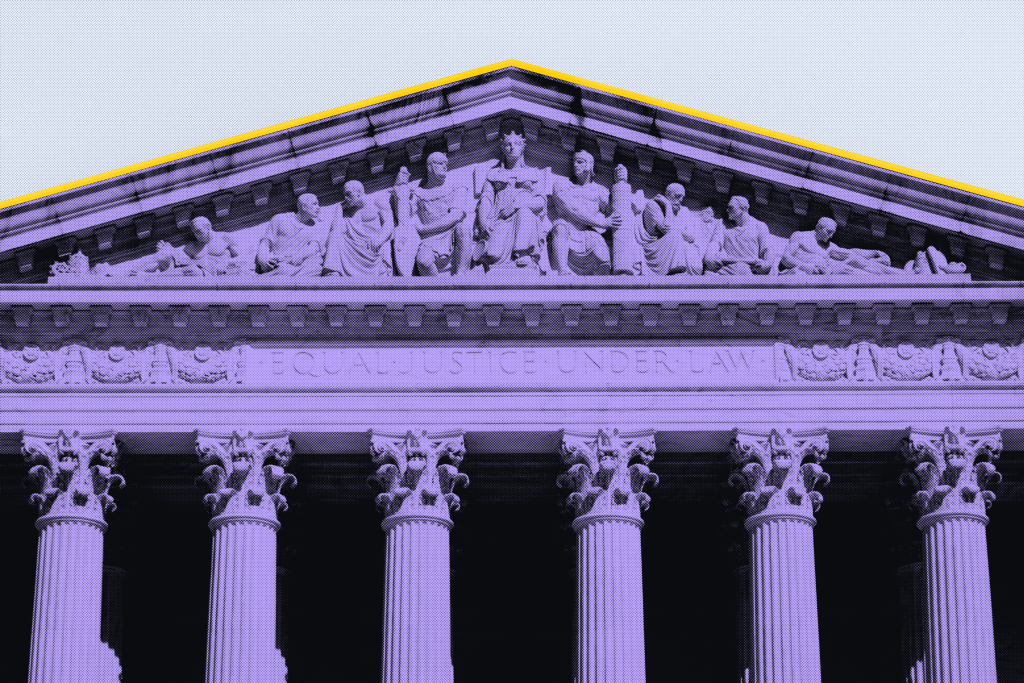The Supreme Court has significantly relaxed pleading standards for alleging prohibited transactions involving third parties under the Employee Retirement Income Security Act of 1974 (ERISA), which regulates how privately managed benefit plans are administered.
The plaintiff trust beneficiaries in this case sued Cornell University and other plan fiduciaries for causing the plans to engage in prohibited transactions for recordkeeping services, in violation of Section 406(a)(1)(C) of ERISA.
A trial court sided with the defendants, ruling that ERISA’s language about exemptions to prohibited transactions was incorporated into its section on prohibited transactions. This meant plaintiffs need not only plead the existence of prohibited transactions, but also to preemptively demonstrate that those transactions were not exempted.
That ruling was upheld by the Second Circuit, which claimed the heightened pleading standard was necessary to avoid “absurd results”: namely that all third-party actions were presumptively illegal at the pleading stage.
Prohibited transactions
Resolving a split between the Eighth and Second circuits on the issue, the Supreme Court unanimously reversed the lower court. It ruled that to survive dismissal, classes suing a fund administrator need only to plausibly allege the existence of prohibited transactions, rather than affirmatively plead that any statutory exemptions to the prohibited transactions do not apply.
The Court ruled that the plain language of the statute names exemptions as affirmative defenses, not elements of the claim, and that an affirmative defense is not something a “plaintiff must anticipate and negate in [a] pleading.”
This makes it much easier for plaintiffs to sue plan fiduciaries for illegal transactions, as now they must only plead the existence of a fund’s relationship with third parties, commonplace in private pension fund management.
The Court acknowledged the possibility that this low standard could be misused for frivolous litigation. However, it emphasized that existing safeguards, like sanctions, ERISA’s cost-shifting provision and demanding plaintiffs file a response to defendants’ answers, remain available to deter baseless claims.















